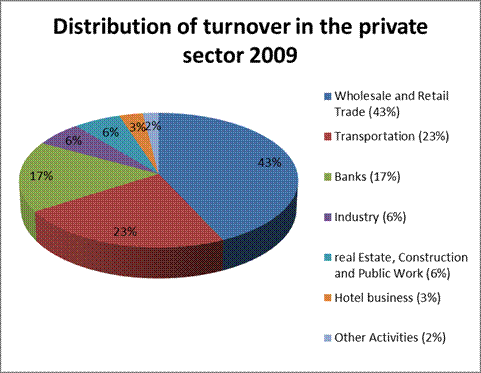
Telecommunication companies in Lebanon
Lebanon’s telecommunication sector has evolved significantly over the years, playing a crucial role in the country’s connectivity and economic development. The market is characterized by a mix of public ownership, private sector involvement, and challenges related to infrastructure and regulation. Below is an overview of Lebanon’s telecommunication industry, including major players, services, and challenges.
Overview of the Sector
Lebanon’s telecommunication sector is primarily regulated by the Ministry of Telecommunications (MoT), which plays a pivotal role in policy-making and infrastructure development. The Telecommunications Regulatory Authority (TRA), established in 2007, oversees market regulation and ensures fair competition. Despite these institutions, the sector remains heavily centralized, with limited liberalization compared to global standards.
Major Telecommunication Companies
The two dominant telecom operators in Lebanon are Touch and Alfa, both managed under the oversight of the Ministry of Telecommunications.
1. Touch Telecom
Touch is one of Lebanon’s leading mobile operators. It is managed by the Kuwait-based company Zain Group on behalf of the government. Touch provides a wide range of services, including:
Voice and SMS services
Mobile internet (3G, 4G LTE)
Business solutions tailored to corporate clients
Touch has invested in expanding its LTE infrastructure and is exploring the introduction of 5G technology, which is critical for keeping up with global telecommunication trends.
2. Alfa Telecom
Alfa is the second-largest operator and is managed by Orascom TMT of Egypt. Like Touch, Alfa offers comprehensive services, such as:
Mobile voice and SMS
3G and 4G LTE internet
Enterprise communication solutions
Alfa focuses on enhancing customer experience through innovative digital services and improving network reliability. It also contributes to the development of Lebanon’s digital transformation initiatives.
Services and Advancements
Lebanon’s telecommunication companies provide a wide range of services, including:
Mobile and fixed-line services: Voice communication and SMS remain central offerings.
Internet services: Both Touch and Alfa offer 3G and 4G LTE services. Efforts are ongoing to upgrade infrastructure for 5G readiness.
Corporate solutions: These include cloud services, virtual private networks (VPNs), and dedicated internet for businesses.
Value-added services: Companies provide entertainment, financial technology (fintech), and mobile payment solutions.
Challenges Facing the Sector
1. Infrastructure Issues
Lebanon’s telecom infrastructure is outdated and requires significant investment to support advanced technologies like 5G. The electricity crisis further hampers service reliability.
2. High Costs
Lebanon has some of the highest telecommunication costs in the region, affecting affordability for consumers and businesses.
3. Economic Instability
The ongoing economic crisis in Lebanon has reduced consumer purchasing power and led to difficulties in maintaining and upgrading telecom infrastructure.
4. Regulatory and Political Constraints
The lack of sector liberalization limits competition and innovation. Political interference often delays regulatory reforms.
5. Cybersecurity and Digital Inclusion
As internet penetration grows, companies face challenges in ensuring cybersecurity and bridging the digital divide in underserved areas.
Future Outlook
Despite challenges, Lebanon’s telecommunication sector has significant growth potential. The introduction of 5G, coupled with investments in fiber-optic networks, could revolutionize connectivity. Moreover, privatizing the sector could encourage competition and attract foreign investment, which is crucial for modernization.
In conclusion, while the sector is constrained by economic and infrastructural challenges, Touch and Alfa remain key players driving Lebanon’s telecommunication industry forward. With reforms and investments, the industry could become a cornerstone of Lebanon’s economic recovery and digital transformation.




Leave a Reply